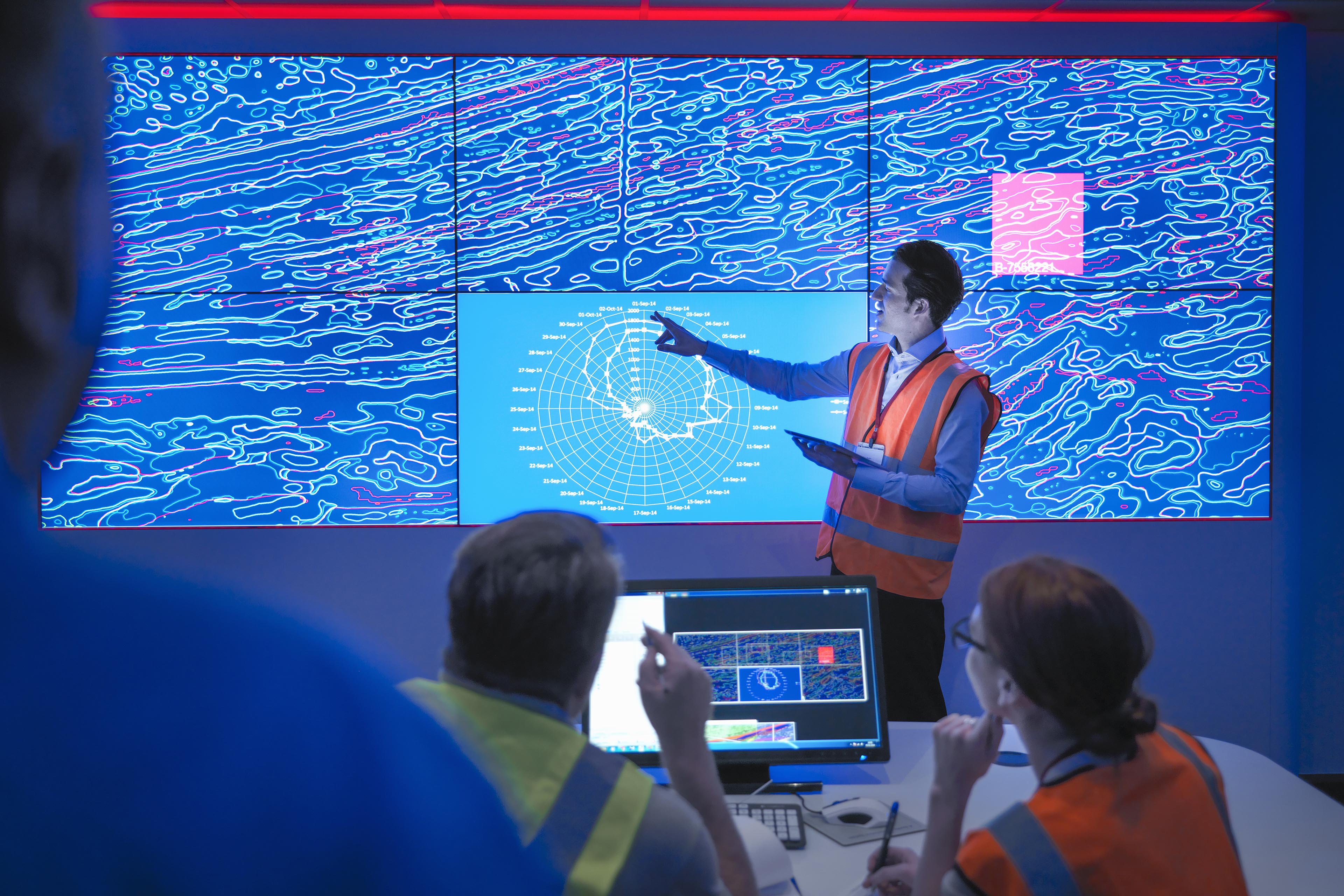As Ireland prepares for Budget 2025 next week, the nation stands at a pivotal moment for economic and infrastructural development. TK Whitaker’s foresight in the 1958 Economic Development Plan highlighted infrastructure as a catalyst for Ireland’s economic prosperity. With the current economic landscape shaped by strong growth, Ireland is poised for a significant investment in infrastructure, addressing the needs of both society and businesses.
This budget announcement is highly anticipated, with the potential to significantly influence Ireland’s path toward further addressing its infrastructure deficits and advancing its decarbonisation journey.
The potential additional €14 billion boost announced recently also offers a chance to enhance sectors like housing, transport, energy, telecoms, and water. Irish citizens and businesses deserve world-class services, and prioritising green infrastructure will not only support Ireland meeting its carbon objectives but also improve living standards and bolster the economy.
However, the key for this budget is more than just funding infrastructure, it’s about accelerating its delivery. The infrastructure industry is hampered by challenges including planning issues, labour shortages, sustainability requirements, and regulatory complexities. The Planning and Development Bill 2023 is thus very timely and welcomed.
This backdrop provides important context for understanding the challenges we face and underscores the urgent need for us to think differently, as an industry and as a country. What if there was a “magic” solution, a set of tools that could effectively forecast infrastructure needs, optimise project management, extend the lifespan of infrastructure assets, help identify talent gaps and assist in filling them (among countless other benefits)? Well – there is, and it’s called Artificial Intelligence.
EY, in partnership with The International Federation of Consulting Engineers (FIDIC), recently published a report that highlights the role of AI in overcoming these obstacles, a topic of particular significance for Ireland as it seeks to address infrastructure deficits and advance its decarbonisation efforts.
From the report, “How artificial intelligence can unlock a new future for infrastructure,” based on insights from 44 global engineering leaders, we can glean insights as to how AI could streamline the delivery of Ireland’s National Development Plan (NDP), which envisions €165 billion in infrastructure projects by 2030.
- Predictive Analysis: AI can forecast infrastructure needs by analysing demographic trends, economic data, and usage patterns, ensuring that investments are future-proof and aligned with long-term demands.
- Efficient Project Management: AI algorithms can optimise project scheduling, resource allocation, and budget management, reducing delays and cost overruns.
- Enhanced Design: AI-driven design tools can simulate and evaluate countless infrastructure models, leading to more innovative, sustainable, and cost-effective solutions.
- Maintenance Optimisation: AI can predict maintenance needs, prioritise interventions, and extend the lifespan of infrastructure assets through proactive management.
- Talent Acquisition: AI can assist in identifying skill gaps and recruiting top talent, ensuring that the workforce is equipped to meet the demands of modern infrastructure projects.
- Data-Driven Decision Making: Integrating AI with big data analytics can provide insights for better decision-making, from urban planning to environmental impact assessments.
As the EY Attractiveness survey for Ireland and Mario Draghi’s report indicate, Ireland faces fierce competition in attracting global investment. To remain competitive, Ireland must invest in AI and infrastructure concurrently.
Ireland is at a crossroads, with the opportunity to make transformative investments in infrastructure enhanced by AI. Embracing this dual approach will ensure that Ireland not only meets the current economic opportunity but also sets a global standard for innovation and sustainable growth.
To harness the full potential of AI, the industry must embrace a new mindset, develop relevant skillsets, and provide the necessary toolsets. This aligns with the Irish Government’s National AI strategy, which emphasises AI’s role in enhancing decision-making systems.
Key steps include:
- Cultivating an open, collaborative culture for AI adoption
- Training professionals to integrate AI effectively
- Standardising data collection and sharing protocols
The infrastructure sector must rethink business and operating models to capitalise on the transformative potential of AI. Moving beyond traditional project segmentation, AI encourages a ‘systems thinking’ approach, adept at managing complexities and optimising resources throughout project lifecycles.
For Ireland, the implications are profound. The successful rollout of the NDP and other vital infrastructure hinges on collaboration among asset owners, operators, consultants, contractors, government, academia, and technology providers. AI is not just a tool but a transformative force, poised to redefine infrastructure delivery in Ireland and beyond.

